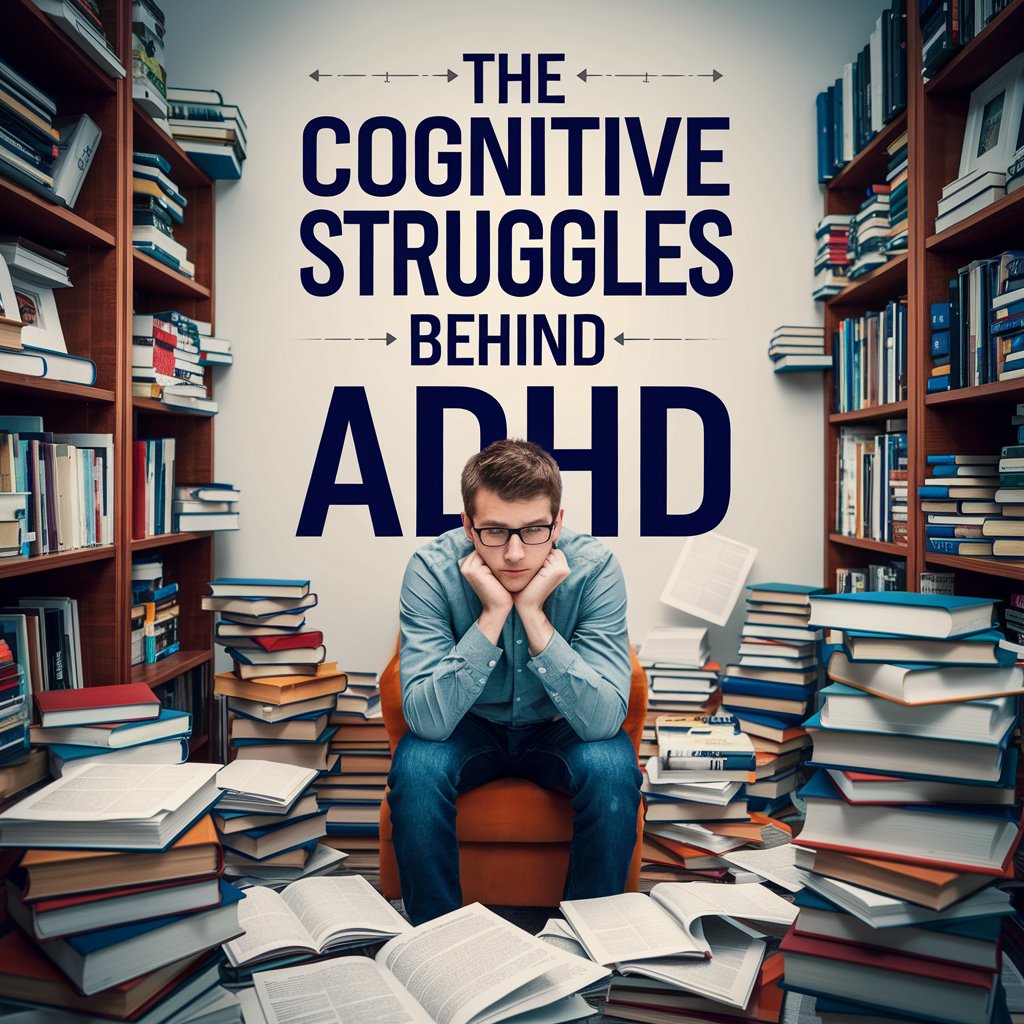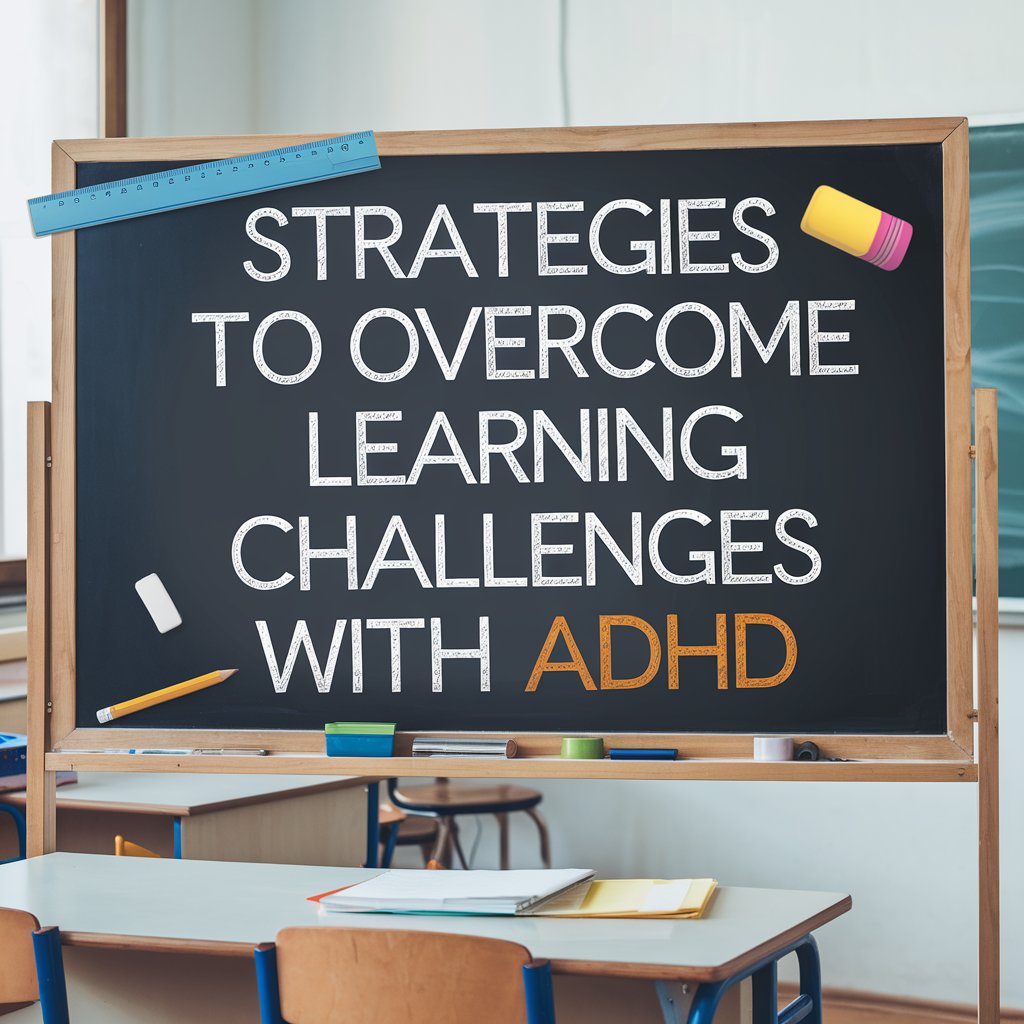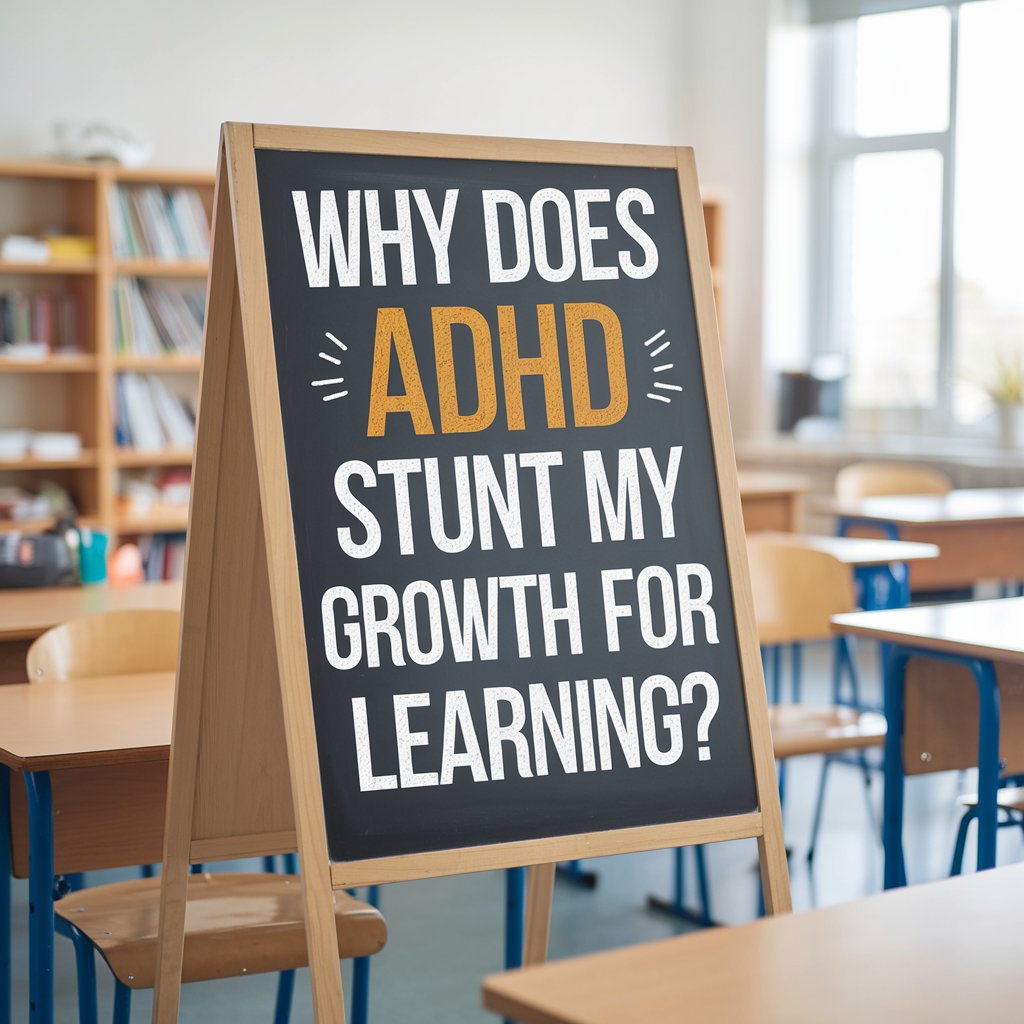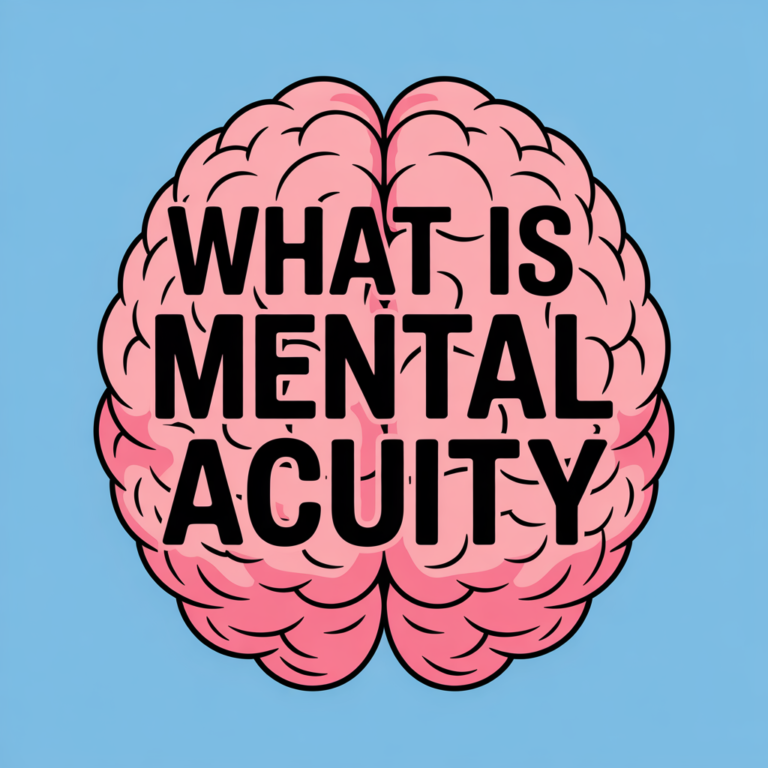Inattention, hyperactivity, and impulsivity are some of the hallmark traits of Attention Deficit Hyperactivity Disorder (ADHD), a complex neurodevelopmental condition that affects millions of people worldwide. Although its effects on learning and personal growth are often overlooked or misunderstood, many people ask, “Why does ADHD stunt my growth for learning?” ADHD has profound effects on cognitive processes, emotional regulation, and academic progress, changing how people interact with educational environments. At its core, ADHD is caused by atypical brain activity that interferes with focus, memory, and executive functions, which makes learning difficult, especially in traditional settings that require sustained attention and routine.
Academic achievement is further complicated by the emotional and social difficulties that are linked to ADHD. But with the correct techniques and support networks, people with ADHD can get past these challenges, capitalize on their special talents, and reach their greatest potential. Come with me as we explore this intriguing and frequently misinterpreted subject.
The Cognitive Struggles Behind ADHD

ADHD has a significant impact on how the brain interprets information. Atypical activity in the prefrontal cortex, the area of the brain in charge of executive processes including organizing, planning, and focusing, is the fundamental cause of the disorder. This neurological difference makes it extremely difficult for people to learn in traditional settings.
Working Memory Deficits:
Working memory impairment is one of the biggest obstacles to learning for people with ADHD. People can temporarily store and manipulate information thanks to this cognitive ability. It becomes difficult to remember instructions, solve issues, or comprehend new ideas when working memory is compromised.
Executive Dysfunction:
Skills like self-control, goal-setting, and task initiation are all part of executive functions. These processes are disturbed by ADHD, which makes it difficult for students to set priorities, control deadlines, or even begin assignments.
Emotional and Social Impacts on Learning Growth
ADHD can have a significant emotional and social impact in addition to cognitive challenges. These elements frequently combine with scholastic difficulties to further impede learning progress.
Emotional Dysregulation:
A lot of people with ADHD react emotionally more strongly. Their difficulties can be exacerbated when kids fall behind in school or don’t fulfill expectations, which can lead to feelings of frustration or inadequacy.
Social Dynamics:
Interpersonal skills can be impacted by ADHD, which can result in miscommunications with classmates and teachers. These social barriers can lead to a vicious cycle in which academic achievement is further hampered by a lack of encouragement and support.
Does ADHD Affect Height Growth?
There is some evidence linking ADHD to physical growth, despite the fact that the disorder primarily impacts cognitive and emotional processes. Researchers have looked into the potential effects of stimulant drugs, including methylphenidate, which are frequently used for ADHD, on height. Children may grow more slowly as a result of these drugs’ ability to reduce appetite. The majority of research, however, suggests that these effects are transient, with children frequently catching up in height by adolescence.
How ADHD Stunts Learning: A Detailed Analysis
ADHD doesn’t merely create obstacles; it reshapes the entire learning experience. To answer the question, why does ADHD stunt my growth for learning?, we must consider its multi-faceted effects:
1. Difficulty With Sustained Attention:
When faced with tasks that do not instantly pique their attention, learners with ADHD frequently find it difficult to stay focused. Due to this “spotlight attention” issue, they could overlook important details while learning or in class.
2. Hyperfocus Paradox:
It’s interesting to note that hyperfocus, in which a person becomes completely engrossed in an activity they find engaging, is also linked to ADHD. Although this can result in mastery of particular subjects, it frequently comes at the price of more general academic achievement.
3. Processing Speed Delays:
A lot of people with ADHD say they digest information more slowly. Due to this delay, it may be difficult to finish tests, follow lectures, or digest feedback.
Does ADHD Stop You From Learning?
While ADHD does not necessarily prevent learning, it does drastically change the way that people learn. People with ADHD tend to do best in settings that emphasize creativity, multisensory learning, and experiential learning, rather than traditional teaching methods that rely on rote memorization and sustained attention.
Can ADHD Cause Learning Difficulties?
Despite being different disorders, learning disabilities and ADHD frequently coexist. Learning ability and intelligence are not directly impacted by ADHD. However, standard learning approaches may be rendered ineffective by the executive dysfunctions linked to ADHD. For example:
- Distractibility can impair reading comprehension.
- Working memory deficiencies might make it difficult to solve math problems.
- Writing tasks might be intimidating since they can be hard to organize.
Does ADHD Make You Learn Slower?
The idea that people with ADHD “learn slower” is based on variations in how quickly they assimilate information. Although ADHD does not impair intelligence, it can slow down a person’s rate of information processing. This disparity frequently results in underestimations of a person’s potential, which further undermines their confidence in their academic abilities.
Is Studying Harder With ADHD?
There is no denying that studying with ADHD is more difficult. ADHD frequently impairs motivation, focus, and time management—all crucial elements of successful studying. Nonetheless, several techniques can help study become easier to handle:
- Chunking tasks involve dividing the study material into smaller, easier-to-manage chunks.
- Using Technology: Focus-enhancing apps and technologies can be beneficial.
- Including Movement: Exercise helps control hyperactivity and enhance concentration.
Can You Have a High IQ but Slow Processing Speed?
Yes, especially among people with ADHD, it is completely possible to have a high IQ and a sluggish cognitive speed. These students might be quite good at thinking creatively or analytically, but they have trouble with timed assignments and multitasking. Since their academic achievement may not match their intellectual potential, this paradox frequently causes frustration.
Are ADHD Fast Learners?
It’s interesting to note that people with ADHD can pick things up very quickly if they are interested in them. They can delve extensively into topics they find interesting thanks to their hyperfocus skills, frequently outperforming their colleagues in certain areas. This strength, nevertheless, is quite context-dependent and might not be applicable in fields that people find boring or uninteresting.
Is ADHD Really a Disability?
There is much disagreement over whether ADHD qualifies as a handicap. Under laws such as the Americans with Disabilities Act (ADA), ADHD is acknowledged as a disability both legally and medically. This acknowledgement guarantees accommodations for those who are impacted. Many contend, however, that ADHD is a different style of thinking that, with the correct assistance, can result in special talents and abilities rather than just a disability.
Strategies to Overcome Learning Challenges With ADHD

ADHD does not define a person’s potential, despite the fact that it poses serious challenges. Successful tactics can assist people in overcoming challenges and optimizing their learning development:
- Personalized Learning Plans: To meet the special requirements of students with ADHD, schools and teachers can create Individualized Education Programs (IEPs).
- Behavioral Therapy: Cognitive-behavioral therapy, or CBT, can give people the skills they need to control their symptoms and form healthy routines.
- Medication: Some people find that taking stimulant or non-stimulant drugs greatly increases focus and decreases hyperactivity, which improves the learning environment.
- Awareness and Meditation: Activities that encourage awareness can enhance attention spans and assist control emotions.
- Support from Parents and Peers: Loved ones’ understanding and encouragement can be extremely important in enhancing self-esteem and drive.
Breaking the Stigma Around ADHD and Learning
Fighting the stigma associated with ADHD is one of the most important stages in tackling its effects on learning. Misconceptions in society frequently portray people with ADHD as incompetent or sluggish, which further impedes their development. We can assist people with ADHD realize their full potential by creating a more welcoming and encouraging environment.
The Role of Neuroplasticity
For those with ADHD, the idea of neuroplasticity—the brain’s capacity to change and rewire itself—offers hope. The brain can create new neural connections that improve learning, memory, and focus with sustained effort and the appropriate therapies. This flexibility emphasizes how crucial early diagnosis and treatments are.
The Future of ADHD Research
New understandings of the processes and therapies of ADHD are being revealed by ongoing research. Improvements in behavioral sciences, genetics, and neuroimaging could lead to more efficient methods of addressing the learning difficulties linked to ADHD. We can enable people to succeed academically and beyond as we gain a deeper grasp of this disease.
Conclusion
In order to comprehend why ADHD hinders my ability to study, a thorough examination of its effects on cognition, emotions, and society is necessary. The learning process is altered by ADHD, which presents special difficulties as well as chances for development and creativity. People with ADHD can overcome these obstacles and realize their full potential by adopting specialized tactics, creating support networks, and combating social stigmas.




